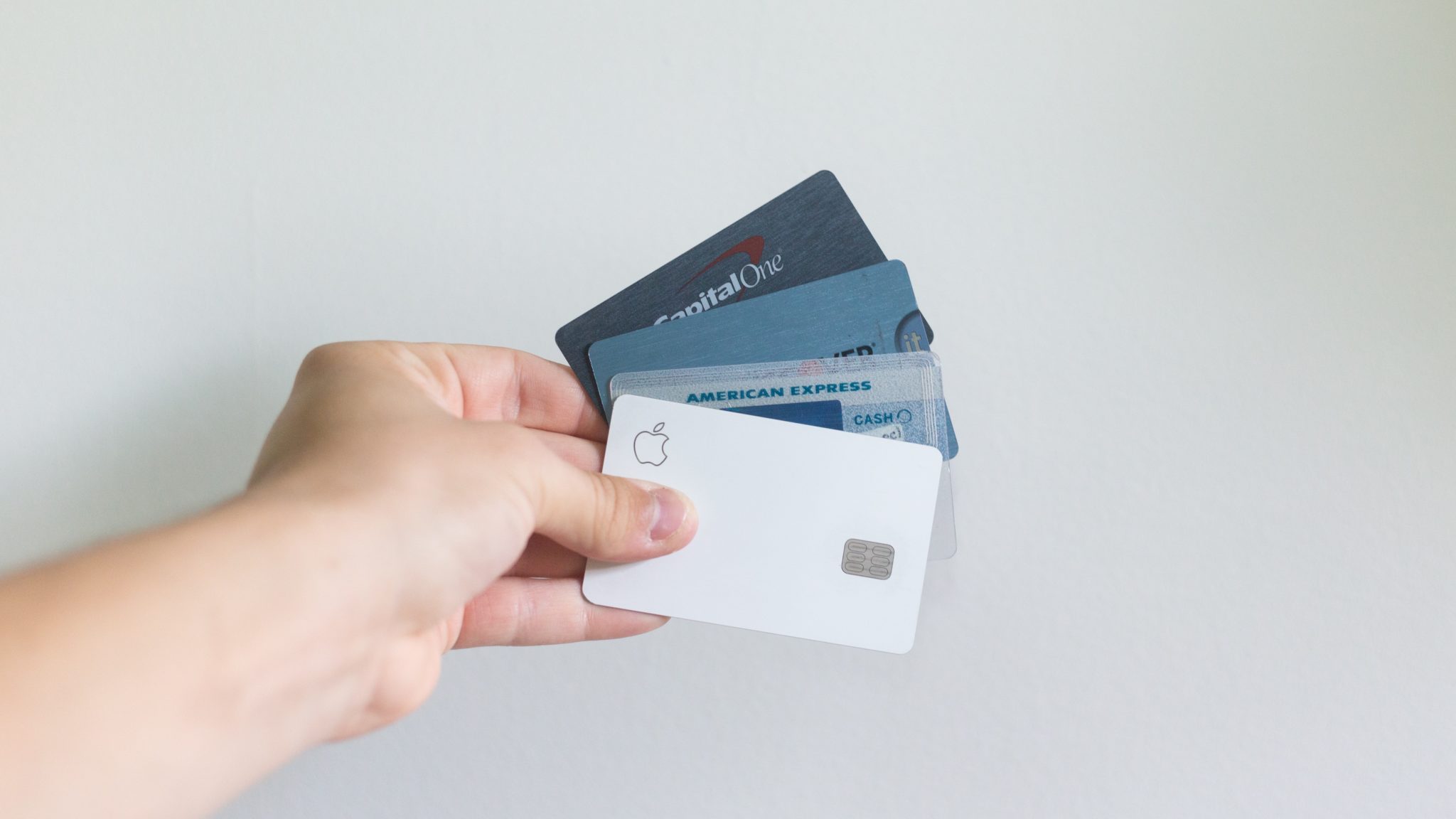
Many don’t realize closing a credit card account can actually have some pretty substantial effects on their financial health. This might not seem logical, since credit cards are just a way to spend money. So how can this really affect your finances? Here’s how to know when you should keep or close a credit card.
How Will Your Credit Be Affected?
What a lot of people don’t realize is that closing a credit card account can have a major impact on your credit score. Though it might not make sense on its face, digging into how credit scores are calculated can shed light on this. It’s important to understand these implications before deciding to close a credit card account.
These are the main ways your credit can be harmed by closing a credit card:
- Higher Credit Utilization Ratio – One of the top ways lenders assess creditworthiness is through something called credit utilization. This is a fancy way of saying how much credit you’re currently using out of the total available to you. Credit utilization typically counts for about 30 percent of your overall FICO Score. Therefore, this is one of the most important aspects—right after paying your bills on time. People who have a high total credit limit and aren’t at risk of damaging their credit due to too high of a utilization ratio might not have to worry about closing a credit card so much. On the other hand, if you only have a couple lines of credit, closing one could dramatically spike your credit utilization. Look at all your accounts together to get a better feel for how closing a credit card might affect how much of your available credit is in use.
- Lower Average Age of Accounts – The age of your lines of credit is another element of your credit score that can be hurt by closing a credit card. While this is still an important consideration (especially if you’re thinking about closing some of your oldest credit accounts), average age of credit only carries half the weight of credit utilization in determining your FICO Score. Though, this can still make a substantial difference if you just close a few of your longest-held credit cards out of nowhere. For instance, if you’ve had a Chevron credit card for a long time, but don’t really use it anymore, for whatever reason, it might actually be beneficial to keep it open, and continue not using the account. Not only will this preserve the average age of your credit accounts, it can pad your credit utilization ratio by keeping a higher total credit limit.
What’s Your Reason for Wanting to Close the Account?
Clearly, there are some good reasons to keep a credit card open. Closing your credit card accounts can have some unintended consequences with your credit score, which is essential when you’re looking for a loan. Even if you have a pretty solid credit history, unintentionally blowing your score by closing accounts can land you in subprime lending territory, where you’ll only have access to higher-interest loans—if you can get one at all.
But there are certain situations where closing a credit card actually does make sense. The most straightforward reason to close a credit card account is if you’re struggling to control your spending. If you’re someone who has a hard time with the ease and temptation of credit cards, there’s no question that cutting them up will be better for your finances than worrying about the nuances of your credit score.
The other situation where it typically makes sense to close a credit account is if you’re paying an annual fee for a card you barely use. Some credit cards carry a fee because they come with really lucrative rewards. These, however, are only going to be worthwhile if you’re spending enough to justify the upfront cost. If you’re no longer doing this, it might make sense to close the account—unless it will totally wreck your credit utilization or average age of credit.
Outside of these situations, there aren’t many scenarios where closing a credit card is actually your best option. Victims of identity theft should look at other ways to protect themselves, such as freezing their credit so no new accounts can be opened in their name.
Overall, you’re generally better off keeping credit card accounts open versus closing them. Unless you fall into one of the unique situations mentioned, you want to do what you can to protect your credit score from taking an unneeded hit.


































